smart #1 vs VW Polo – Differences & prices compared
Compare performance, boot space, consumption and price in one view.
Find out now: which car is the better choice for you – smart #1 or VW Polo?
The smart #1 (SUV) comes with a Electric engine and Automatic transmission. In comparison, the VW Polo (Hatchback) features a Petrol engine with Manuel or Automatic transmission.
When it comes to boot capacity, the smart #1 offers 323 L, while the VW Polo provides 351 L – depending on how much space you need. If you’re looking for more power, decide whether the 428 HP of the smart #1 or the 207 HP of the VW Polo suits your needs better.
In terms of consumption, the values are 16.80 kWh per 100 km for the smart #1, and 5.10 L for the VW Polo.
Price-wise, the smart #1 starts at 31700 £, while the VW Polo is available from 17000 £. Compare all the details and find out which model fits your lifestyle best!
smart #1
The smart #1 marks a significant evolution in design philosophy, merging urban practicality with modern aesthetics. Its compact size belies a spacious interior, crafted to offer a comfortable and connected driving experience. With its focus on eco-friendly motoring, the smart #1 is set to charm city dwellers seeking both efficiency and style.
details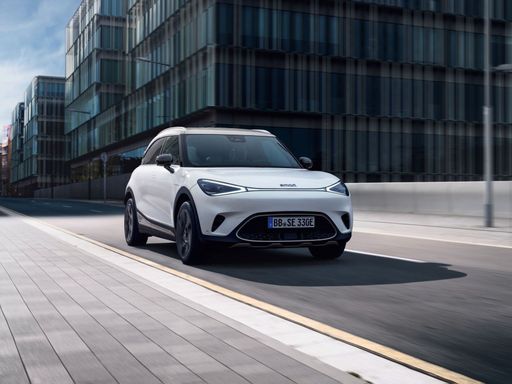 @ Smart Deutschland
@ Smart Deutschland
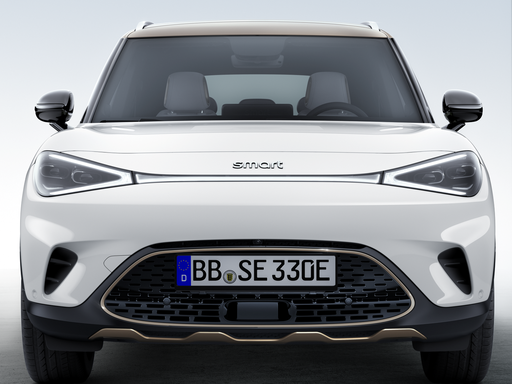 @ Smart Deutschland
@ Smart Deutschland
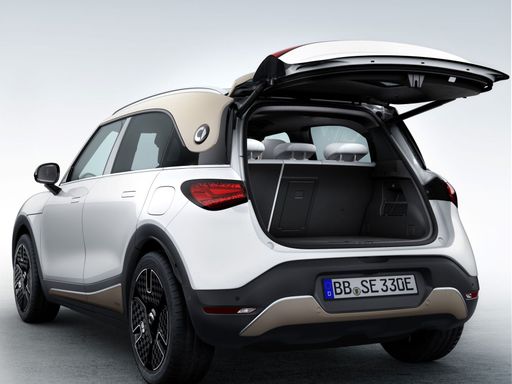 @ Smart Deutschland
@ Smart Deutschland
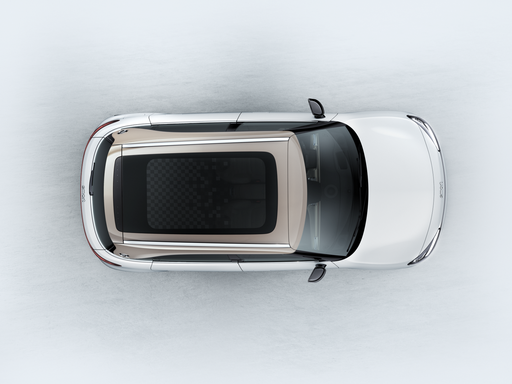 @ Smart Deutschland
@ Smart Deutschland
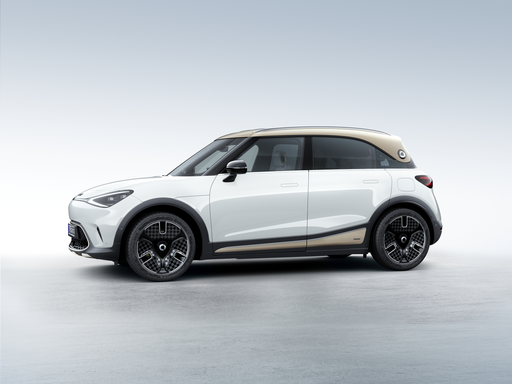 @ Smart Deutschland
@ Smart Deutschland
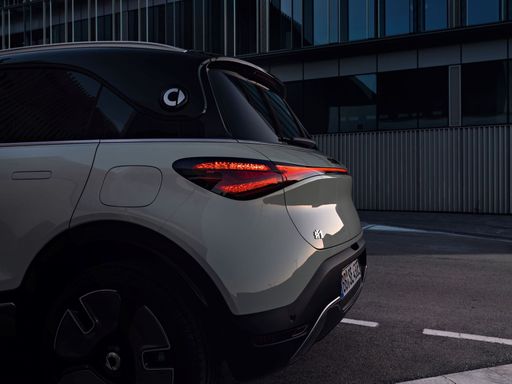 @ Smart Deutschland
@ Smart Deutschland
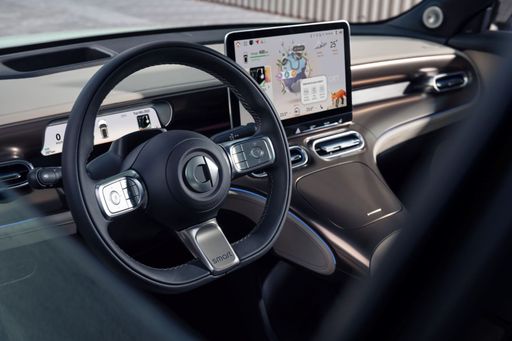 @ Smart Deutschland
@ Smart Deutschland
VW Polo
The VW Polo remains a popular choice in the compact car segment, known for its sleek design and sophisticated styling. Inside, it offers a surprisingly spacious cabin with high-quality materials and intuitive technology features, ensuring a comfortable driving experience. Its agile handling and responsive performance make it an excellent option for both city commuting and longer journeys.
details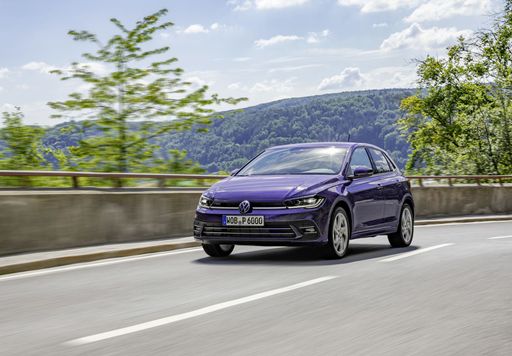 @ Volkswagen
@ Volkswagen
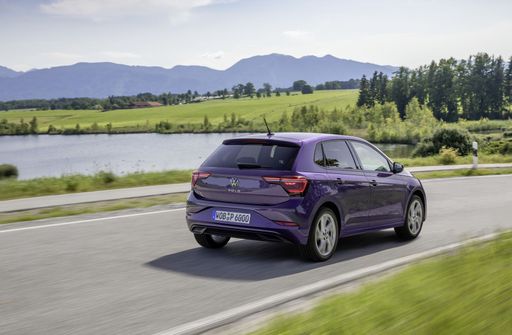 @ Volkswagen
@ Volkswagen
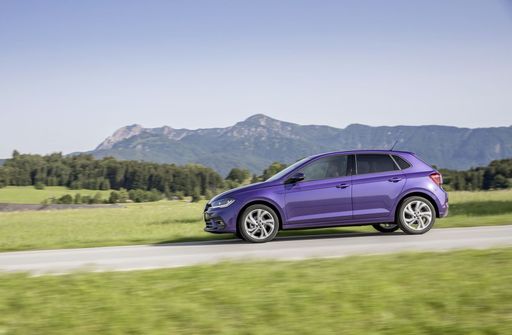 @ Volkswagen
@ Volkswagen
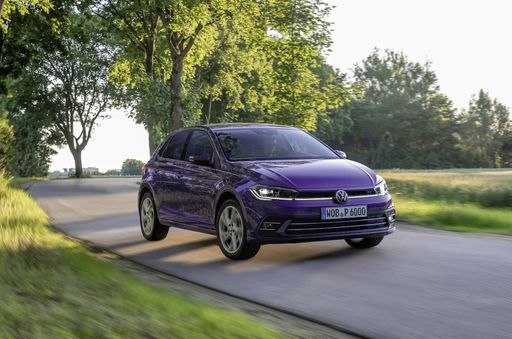 @ Volkswagen
@ Volkswagen
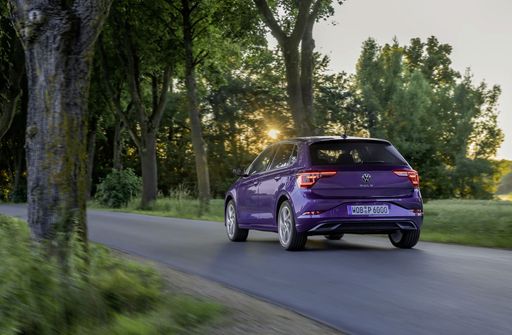 @ Volkswagen
@ Volkswagen
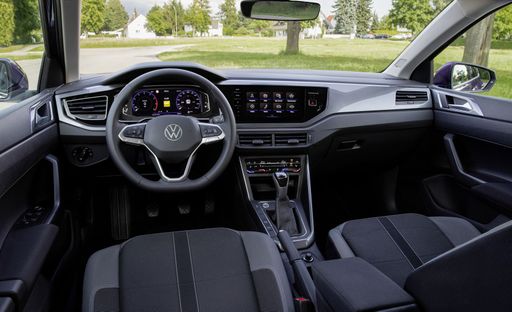 @ Volkswagen
@ Volkswagen

|

|
|
|
|
Costs and Consumption |
|
|---|---|
|
Price
31700 - 45000 £
|
Price
17000 - 30400 £
|
|
Consumption L/100km
-
|
Consumption L/100km
5.1 - 6.5 L
|
|
Consumption kWh/100km
16.8 - 18.2 kWh
|
Consumption kWh/100km
-
|
|
Electric Range
310 - 440 km
|
Electric Range
-
|
|
Battery Capacity
47 - 62 kWh
|
Battery Capacity
-
|
|
co2
0 g/km
|
co2
116 - 148 g/km
|
|
Fuel tank capacity
-
|
Fuel tank capacity
40 L
|
Dimensions and Body |
|
|---|---|
|
Body Type
SUV
|
Body Type
Hatchback
|
|
Seats
5
|
Seats
5
|
|
Doors
5
|
Doors
5
|
|
Curb weight
1780 - 1900 kg
|
Curb weight
1143 - 1378 kg
|
|
Trunk capacity
313 - 323 L
|
Trunk capacity
351 L
|
|
Length
4270 - 4300 mm
|
Length
4074 mm
|
|
Width
1822 mm
|
Width
1751 mm
|
|
Height
1636 mm
|
Height
1431 - 1451 mm
|
|
Payload
425 - 470 kg
|
Payload
432 - 457 kg
|
Engine and Performance |
|
|---|---|
|
Engine Type
Electric
|
Engine Type
Petrol
|
|
Transmission
Automatic
|
Transmission
Manuel, Automatic
|
|
Transmission Detail
Reduction Gearbox
|
Transmission Detail
Manual Gearbox, Dual-Clutch Automatic
|
|
Drive Type
Rear-Wheel Drive, All-Wheel Drive
|
Drive Type
Front-Wheel Drive
|
|
Power HP
272 - 428 HP
|
Power HP
80 - 207 HP
|
|
Acceleration 0-100km/h
3.9 - 6.7 s
|
Acceleration 0-100km/h
6.5 - 15.6 s
|
|
Max Speed
180 km/h
|
Max Speed
171 - 240 km/h
|
|
Torque
343 - 584 Nm
|
Torque
93 - 320 Nm
|
|
Number of Cylinders
-
|
Number of Cylinders
3 - 4
|
|
Power kW
200 - 315 kW
|
Power kW
59 - 152 kW
|
|
Engine capacity
-
|
Engine capacity
999 - 1984 cm3
|
General |
|
|---|---|
|
Model Year
2023 - 2024
|
Model Year
2024 - 2025
|
|
CO2 Efficiency Class
A
|
CO2 Efficiency Class
D, E
|
|
Brand
smart
|
Brand
VW
|
smart #1
The New Era of Urban Mobility
The smart #1 emerges as a beacon of innovation and efficiency in the realm of electric vehicles. Positioned as an SUV, it seamlessly blends compact dimensions with the spaciousness and practicality that city drivers crave. Whether you're navigating bustling streets or planning longer journeys, the smart #1 is designed to cater to modern urban lifestyles.
Impressive Range and Efficiency
At the heart of the smart #1 lies its impressive range, with electric capabilities extending between 310 and 440 km, depending on the model. The efficiency of the vehicle is underscored by its electric consumption, which spans from 16.8 to 18.2 kWh/100 km. This ensures that drivers can enjoy longer trips without worrying about frequent recharges, all while maintaining an eco-friendly footprint.
Powerful Performance
The smart #1 offers a powerful driving experience, with options ranging from a rear-wheel drive boasting 272 PS to an all-wheel-drive variant pushing an exhilarating 428 PS. Acceleration is a highlight, with the most powerful model achieving 0-100 km/h in just 3.9 seconds. This performance is complemented by a smooth and responsive automatic transmission, ensuring a pleasurable driving experience.
Luxury Meets Sustainability
With seating for five, the smart #1 caters to families and urban adventurers alike. Its interior design emphasises luxury and sustainability, offering a premium feel with environmentally conscious materials. Whether you choose the Pro, Pure, or the sporty Brabus edition, each trim level provides a unique blend of features designed to enhance both comfort and driving pleasure.
Advanced Technology
Innovation is at the forefront of the smart #1, with advanced technology integrated into every aspect of the vehicle. The model year 2023 - 2024 line-up includes the latest in battery technology, featuring capacities from 47 to 62 kWh. Each version ensures optimum performance and reliability, keeping the driver connected and informed through intuitive in-car systems.
Uncompromised Safety
Safety and efficiency are paramount, as demonstrated by the smart #1's commitment to a CO2 efficiency class of A with zero emissions (0 g/km CO2), making it a leader in sustainable urban transport. Its lightweight design, weighing between 1780 and 1900 kg, and robust safety features ensure each journey is as secure as it is efficient.
Conclusion
The smart #1 represents a sophisticated blend of performance, sustainability, and technological innovation. As it stands at the cutting edge of electric vehicle technology, it redefines what drivers can expect from a modern SUV—merging style, functionality, and eco-conscious engineering into one exceptional package.
VW Polo
Unveiling the VW Polo: A Compact Car with Big Ambition
The VW Polo, with its sleek hatchback design, stands out in the compact car segment, offering a blend of practicality and innovation. Volkswagen has continued to refine this popular model, ensuring that each new iteration provides cutting-edge technology and enhanced driving dynamics.
A Closer Look at the Mechanics
Under the bonnet, the VW Polo offers a series of efficient petrol engines ranging from 80 to 207 horsepower. These engines, coupled with either a manual or dual-clutch automatic transmission, provide a smooth and responsive driving experience tailored to various driving preferences.
Efficiency Meets Performance
The fuel consumption of the VW Polo is impressively economical, varying between 5.2 and 6.5 litres per 100 km, depending on the engine and transmission combination. Emphasising the car's commitment to sustainability, the CO2 emissions vary between 118 to 149 g/km, placing it within the D to E efficiency classes.
Design and Dimensions
The Polo's dimensions, featuring a length of 4074 mm, width of 1751 mm, and a height ranging from 1431 to 1451 mm, offer a compact profile ideal for urban driving. Despite its size, the Polo provides a generous 351-litre boot space, catering to everyday needs and beyond. With a five-door configuration, it balances convenience and style.
Advanced Features and Variants
The VW Polo 2024 model year comes with a variety of trim levels, from the practical "Life" to the sportier "R-Line", each bringing distinct features and enhancements. High-tech interiors, usability enhancements, and a host of driver-assistance systems are standard, reflecting Volkswagen's dedication to integrating innovation into its vehicles.
Tech-Savvy Interiors
Inside, the Polo is equipped with modern infotainment systems, Apple CarPlay, Android Auto, and wireless connectivity options, ensuring that drivers and passengers remain connected while on the move. The ergonomically designed cabin and digital cockpit enhance the user experience, making every drive comfortable and intuitive.
Conclusion: The All-Rounder in the Compact Car Market
The VW Polo continues to be a compelling choice for those seeking a compact, reliable, and technologically advanced vehicle. With its range of engines, well-appointed interiors, and a robust suite of features, the Polo remains a significant player in its class, meeting the demands of a wide range of drivers.
Which drive types are available for the smart #1?
Available as Rear-Wheel Drive or All-Wheel Drive.
The prices and data displayed are estimates based on German list prices and may vary by country. This information is not legally binding.
